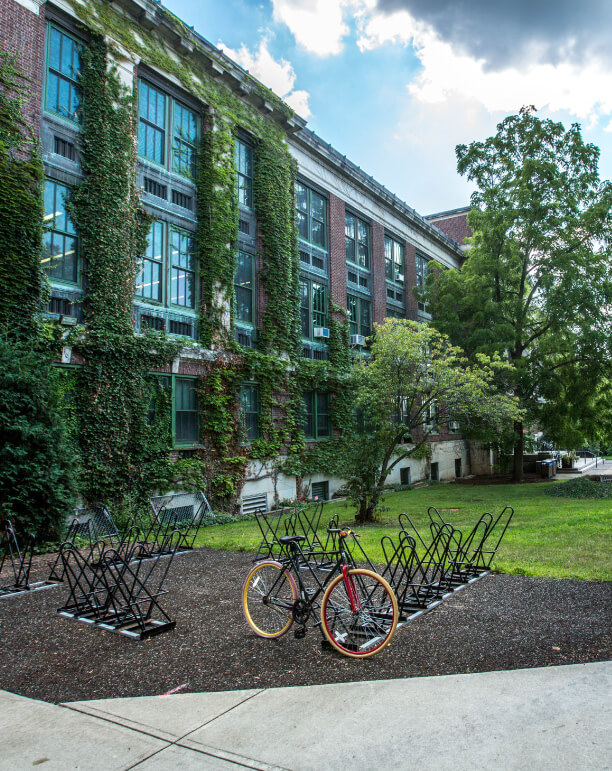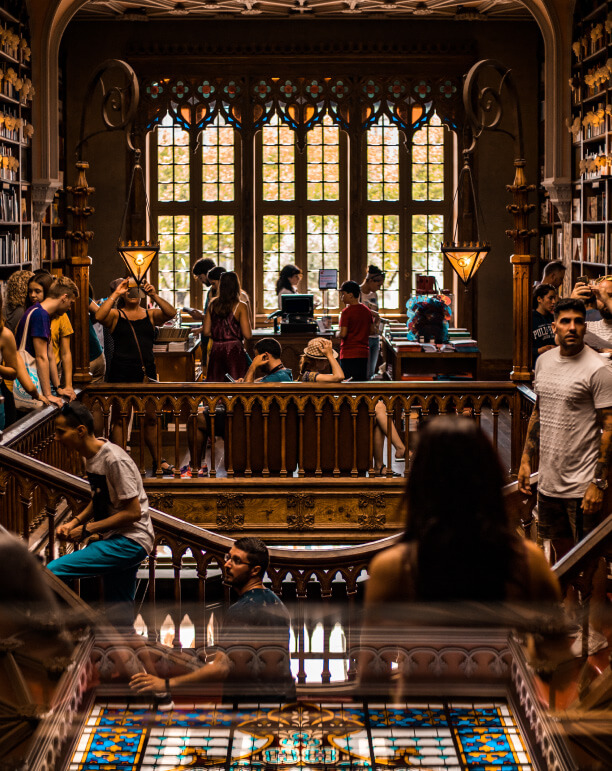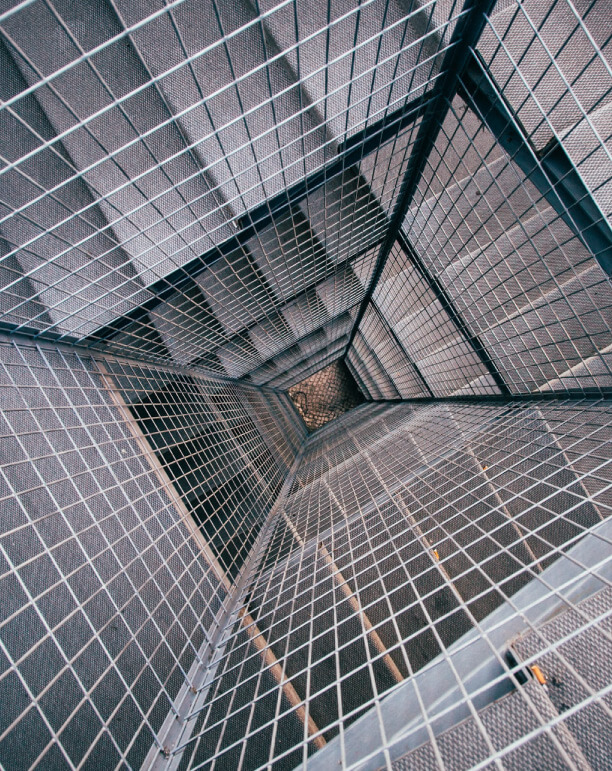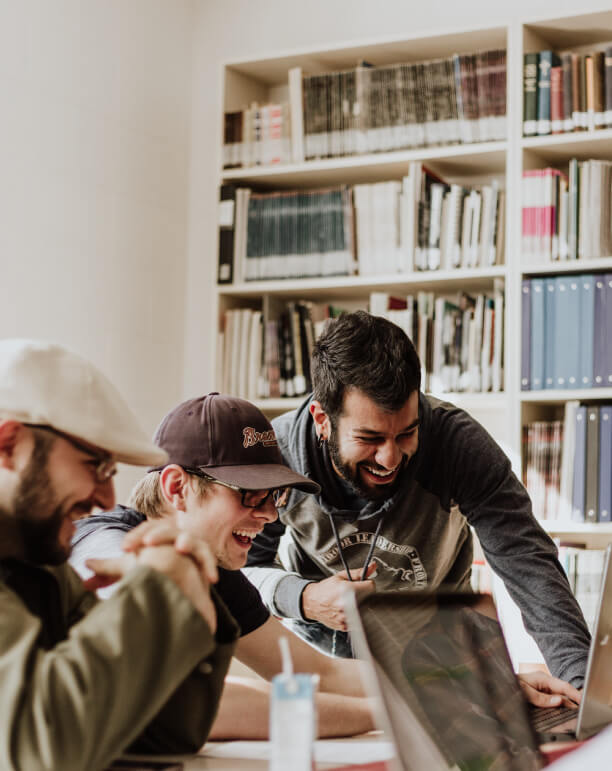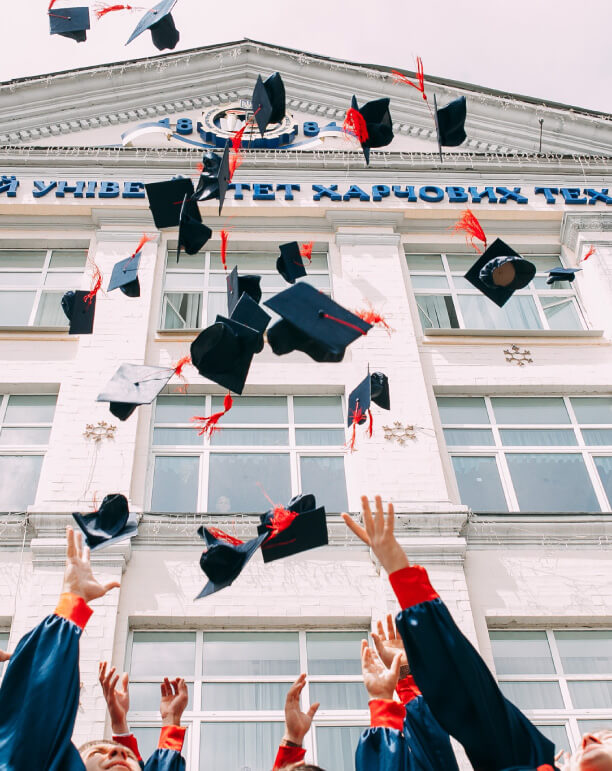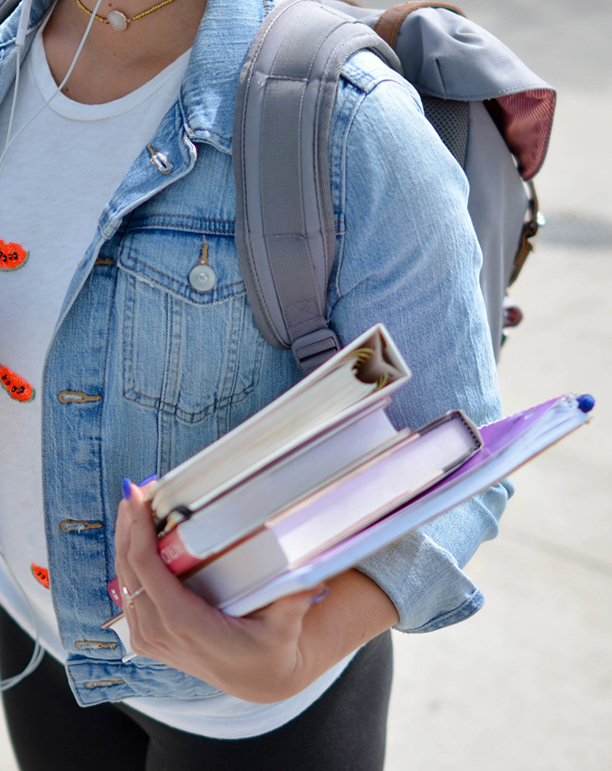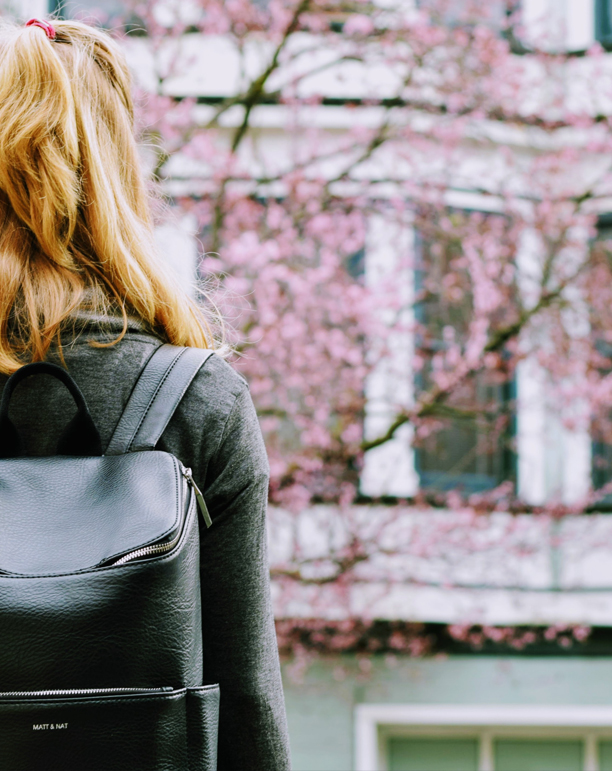Regional Conference on Teaching and Learning Space in Education
Prishtinë: 21.10.2022 - 22.10.2022
Type: Regional Conference
Organizer:
AAB College
The issue of learning and teaching space in education is viewed and addressed differently depending on the level of education that is being the focus of attention. While there are numerous scholarly articles, state standards and policies developed and published regarding design of learning spaces in pre-university education (see the survey by Clark 2002), the same cannot be said for higher education. A similar situation is clear also in the education system of Western Balkan countries. Whereas there are standards and norms set that regulate learning and teaching areas in pre-university education, there is little to no such policies and regulations providing for the higher education sector (Xhavit Rexhaj, 2020). In a paper discussing learning and teaching space in higher education Paul Temple states that: “consideration of space in higher education has commonly taken place either in the context of space planning, or as part of campus master-planning and architecture, rather than being seen as a resource to be managed as an integral part of teaching and learning, and research, activities (Temple, 2008). Only more recently, Elkington and Bligh (2019) have led a group that explored different ways in which spaces are used by institutions to improve learning and teaching environments in a selected group of higher education institutions (taken from (James Williams, 2021)).
Regardless of the differences between levels of education, or the presence or absence of norms and standards about learning and teaching space, it can be noted that all education is about human formation, which in turn can be regarded as an emotional, collective, sustained, and, ultimately spatial event (Pablo Campos Calvo Sotelo, 2021). In a book section on the changes in design of learning space, Katja Ninnemann goes further seeing educational space as “the third pedagogue” (Ninnemann & Jahnke, 2018).
The above is only confirmed by the recent Covid-19 pandemics that has pushed learning and teaching space in education to the foreground of educational provision globally. Hundreds of millions of students in all levels of education were made to connect online to attend classes in all levels of education. Learning and teaching space, namely the concept of learning environment, expanded into the virtual realm to gain new understandings and new arrangements for best utilization in the new circumstances. So did change the role of all other factors in the education process: teachers, parents, students, schools, homes, textbooks, teaching and learning resources, education authorities, and so on. The focus of educational practices shifted slightly away from schools, teachers, and school textbooks to include more actively homes, virtual space and resources, and parents.
It is worth pointing out that online and distance learning and the virtual learning environment cannot be considered novelties – they have been around for decades, even before the advent of electronic media and of internet more recently. However, the paradigm shift in learning and teaching space in education that came as a result of Covid-19, more forcefully pushed to the foreground technological advances in the field of computer technologies and internet. As a result, ever more frequently one is hearing about the new post-Covid normal, aware that there can be no return to the pre-Covid paradigms, understanding and practices, not only in education.
The mind-boggling changes brought about by technological advances in the form of social media, online networks, platforms, and applications, virtual reality and so on, have also been reflected in the psychological, social, and cultural realms. While they have brought people together across the globe, simultaneously they appear to have isolated us from the people around us.
Education does not make an exception in this regard: there has been a substantial shift in the quality of interaction in the education sector in all levels. Numerous universities are considering to transitioning permanently online; one of the key qualifications for a teacher nowadays is the ability to carry out instruction online; online platforms in education are taking on important functions of education systems in the fields of monitoring, student assessment, provision of resources and so on. Key developments and changes have taken place also in the school and higher education curricula reflected in the teaching and learning methodologies, textbooks, and teaching and learning resources to name only a few.
In this broader context, it has become vital to review principles, policies, and approaches in the field of learning and teaching space in education, to build a new understanding of the learning environment, and to find ways for a more organic alignment of the T&L space with the curricula.
This Regional Conference on Learning and Teaching Space in Education is organized with technical support from implementing partner institutions of the project “Learning and Teaching Space in Higher Education”. A regional round table discussion[1] on the Principles of Design of Learning and Teaching Space in Higher Education is organized back-to-back with the Regional Conference, as part of implementation of activities of the “Learning and Teaching Space in Higher Education.”[2]
[1] financed by AAB College and from funds of the Erasmus Plus funded LTSHE Project.
[2] https://ec.europa.eu/programmes/erasmus-plus/projects/eplus-project-details/#project/2019-1-UK01-KA203-061968
Call for papers
The Regional Academic Conference on Learning and teaching space in Education, October 21-22, in Prishtina, Kosovo is an opportunity for the presentation of new advances and research results in theory and practice of learning and teaching space in education.
This conference aims to provide an international platform for academicians, researchers, and students to share their research findings in the important area of learning and teaching space at a turning point brought about by technological advances and the Covid-19 pandemics. Apart from submitted abstracts and presentations, all paper submissions will be peer-reviewed for originality, research depth, accuracy and relevance to the conference theme and topics.
Key note speakers
Pablo Campos Calvo-Sotelo, Spain
Vania Carlos, University of Aveiro, Portugal
Justyna Bugaj, University Jagellionsky, Poland
Theodor Leiber, Evalag, Germany
James Williams, University Birmingham, UK
Bardhyl Musai, University of Tirana, Albania
Conference call for papers
-
- Themes and topics
The conference call for papers is seeking submissions related (but not confined) to the following topics:
- Pre-university education:
Legal and policy framework in learning and teaching space
Influence of Covid-19 on understanding of practices in learning and teaching space in education
New alignment of curricula and learning and teaching space as a result of the developments in the fields of technology and communication.
New understanding of learning and teaching space for students with disabilities and special educational needs
Quality assurance and online learning in pre-university education
Changing role of parents in online learning in pre-school education
- Higher education
Learning and teaching space in higher education
Legal and policy framework in higher education learning and teaching space
New alignment of T&L space and curricula in higher education in the context of globalization and Covid-19 pandemics.
Best practices in learning and teaching space in education in the region, in Europe and wider.
Human development and learning and teaching space in higher education.
Role of the learning and teaching space in quality assurance in higher education
- Digitalization of education
Permanency of online learning in pre-university and higher education
Virtual higher education institutions
Online learning platforms (institutional and national level)
Online learning and changing roles of education factors: teachers, parents, students, community, authorities, schools, textbooks, etc.
Internationalization of higher education and online learning
Quality assurance in higher education and online learning
Online curricula in education or just online delivery of the same curricula.
Accreditation of online learning programmes
Other related topics will also be considered.
Submitted abstracts will be evaluated by the Scientific Committee. If abstract is accepted, author agrees to send a power-point presentation, including key elements of the research (theory, methodology, results, conclusions, and references). All submissions should report original and previously unpublished research results. Full text papers (.docx and .doc) are also accepted by the Scientific Committee for publication in AAB College Journal “Thesis”. Full paper manuscripts should meet the full paper format set by the AAB College Scientific Committee and are subject to double review.
– For more information about the conference, you are welcome to contact the organizing committee directly via [email protected]
Important dates
Submission of abstracts deadline: July 2022
Submission of presentations deadline: 31 August 2022
Early registration deadline: 30 September 2022
Late registration deadline: 15 October 2022
Conference dates: 21-22 October 2022
Paper submission deadline: 15 November 2022
Please submit your papers to: [email protected]
We welcome you and your colleagues to participate in the conference and submit original research for the conference call for papers.
Paper publication Opportunity – The Regional Academic Conference on Learning and Teaching Space in Education (LTSE).
- Abstracts will be published in the Conference Book of Abstracts
- The Papers will be published in the conference proceedings with ISBN, both in paper and electronic format.
- A select number of papers will be published in the AAB College “Thesis” Journal, which is indexed in Google Scholar and other relevant international platforms.


